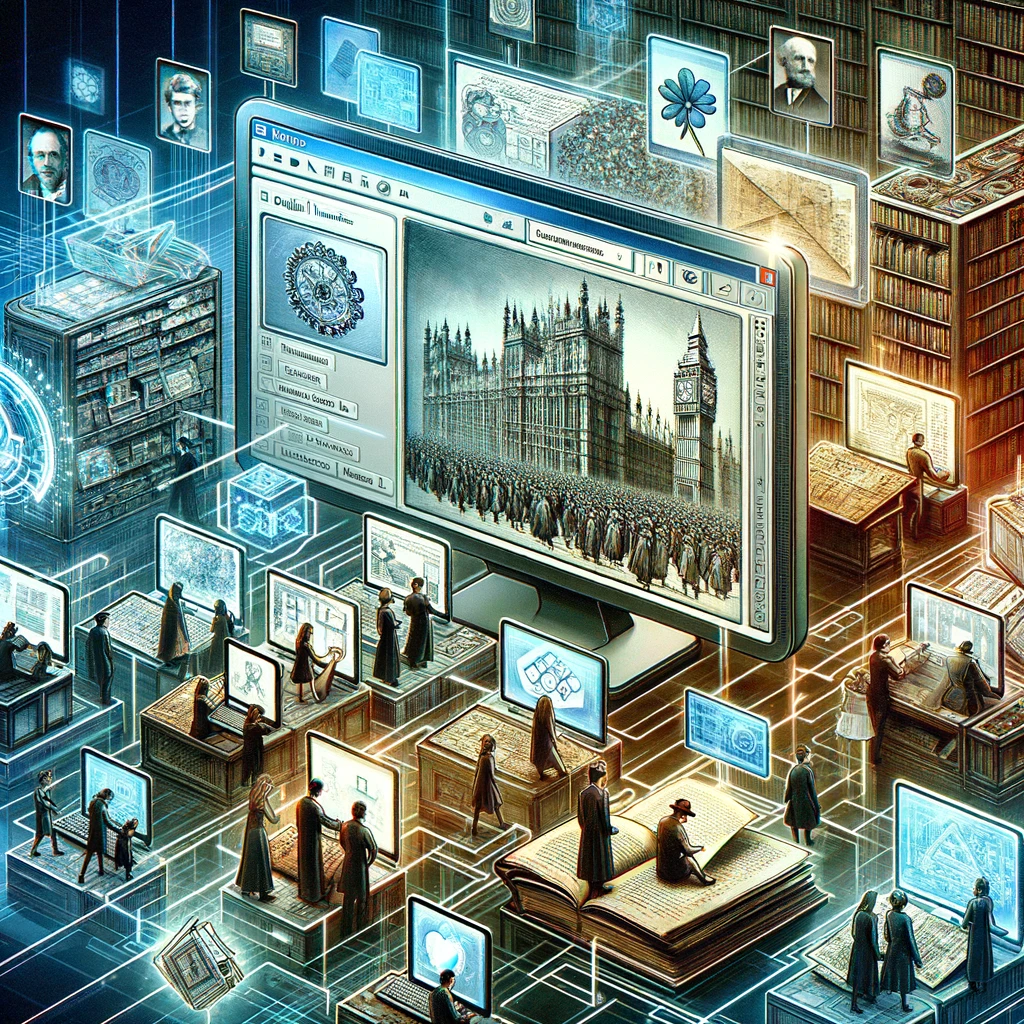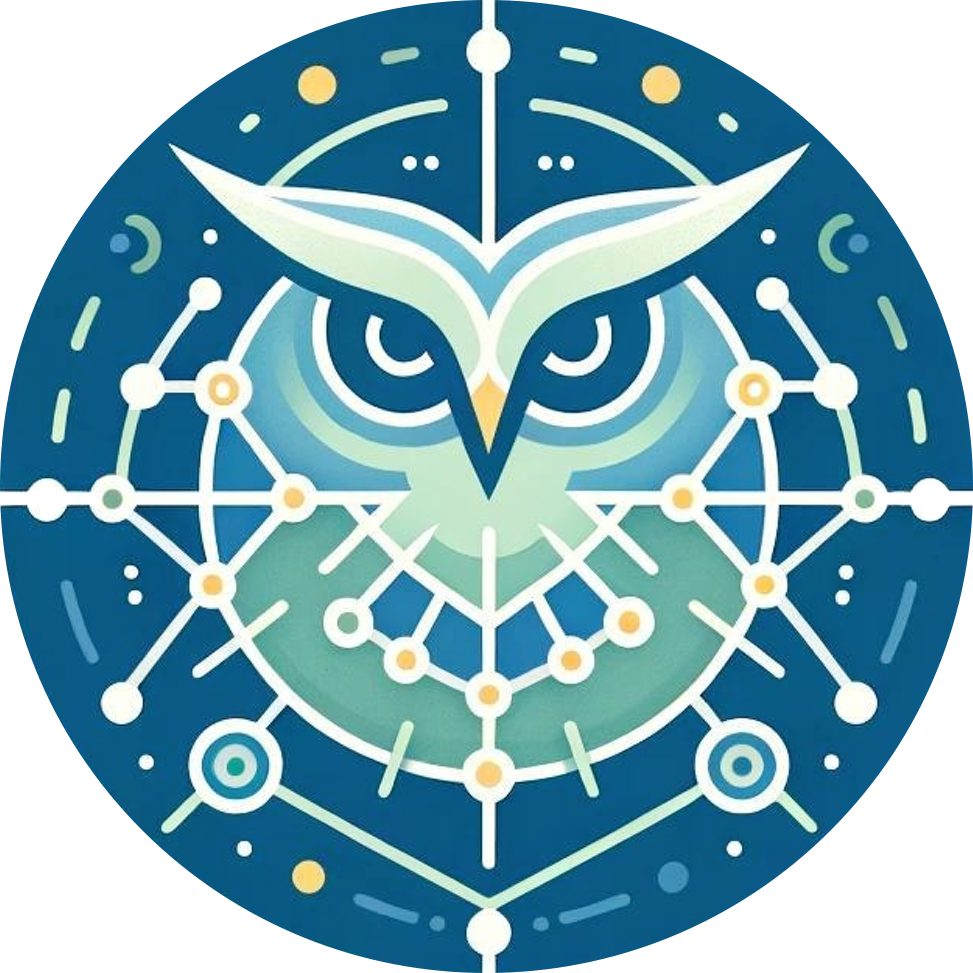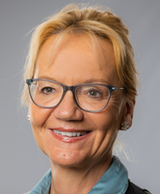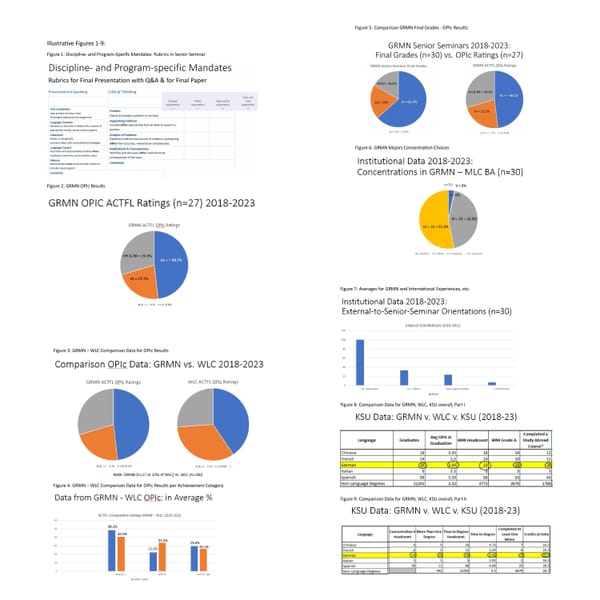Emerging Trends in Digital Humanities: Ethics, Archives, and Remembrance

Introduction
The field of digital humanities is rapidly evolving, revolutionizing the way we interact with history, culture, and memory. By integrating technology with humanities research, scholars are finding new ways to preserve, analyze, and disseminate knowledge. This blog post delves into the emerging trends in digital humanities, focusing on the ethical considerations of digital archives, the transformative nature of digitalization in museums and historical studies, and the role of initiatives like the Arolsen Group in reshaping our culture of remembrance.
The Digital Transformation of Archives and Museums
The advent of digital technology has brought profound changes to archives and museums. Digital archives allow for the storage, retrieval, and analysis of vast amounts of data, making historical documents, artifacts, and other cultural items more accessible to researchers and the public. Museums are also adopting digital exhibits, interactive experiences, and virtual tours, transforming the visitor experience and extending their reach beyond physical boundaries.
Ethical Considerations in Digital Humanities
As we digitize and share historical and cultural content, ethical questions arise. Who owns this data? How do we protect the privacy and dignity of individuals represented in these archives? How do we ensure the accuracy and integrity of digital records? These are critical questions that scholars and practitioners in the field of digital humanities are actively addressing, striving to balance the benefits of accessibility and innovation with the need for ethical stewardship.
The Arolsen Group: Rethinking the Past
A poignant example of digital humanities in action is the work of the Arolsen Group, which focuses on the digitalization and ethical handling of archives related to Nazi persecution. Their work emphasizes not just the technological aspects of digital archives but also the moral imperatives of remembrance and education. By making these records available and accessible, the Arolsen Group contributes to a global understanding of history, the prevention of future atrocities, and the dignity of victims and survivors.
Getting Involved: Students and Digital Humanities
Students and young scholars have a unique opportunity to contribute to the field of digital humanities. By participating in projects like those offered by the Arolsen Group, students can develop valuable skills in research, technology, and critical thinking. They also engage with ethical and philosophical questions, preparing them to be thoughtful and responsible leaders in a digital age.
Conclusion
The convergence of technology and the humanities is creating exciting opportunities to preserve the past and understand our present in more nuanced ways. As we embrace these emerging trends, we must also navigate the ethical challenges they present. By doing so, we can ensure that our journey into the digital future is informed by a deep respect for human dignity, cultural heritage, and the lessons of history. Join us in exploring the cutting edge of digital humanities and contributing to a more informed, ethical, and connected world.





